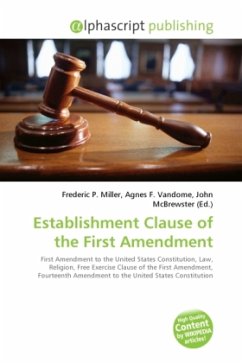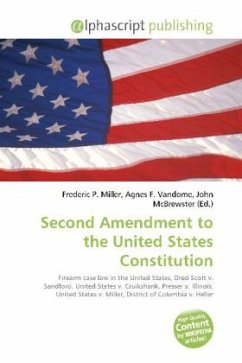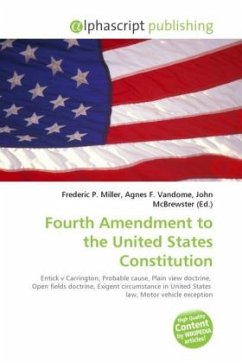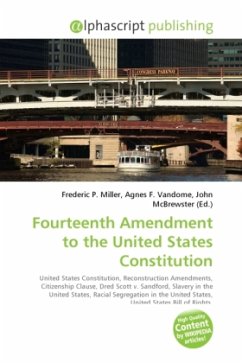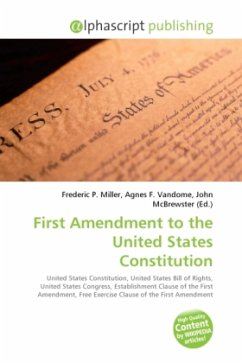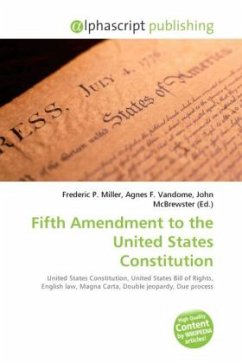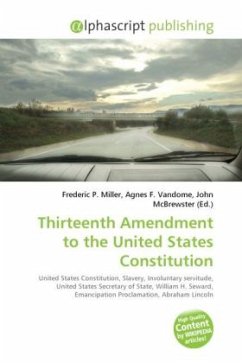The Establishment Clause of the First Amendment refers to the first of several pronouncements in the First Amendment to the United States Constitution, stating that "Congress shall make no law respecting an establishment of religion". Together with the Free Exercise Clause, ("... or prohibiting the free exercise thereof"), these two clauses make up what are commonly known as the "religion clauses" of the First Amendment. The establishment clause has generally been interpreted to prohibit 1) the establishment of a national religion by Congress, or 2) the preference of one religion over another or the support of a religious idea with no identifiable secular purpose. The first approach is called the "separationist" or "no aid" interpretation, while the second approach is called the "non-preferentialist" or "accommodationist" interpretation. The accommodationist interpretation prohibits Congress from preferring one religion over another, but does not prohibit the government's entry into religious domain to make accommodations in order to achieve the purposes of the Free Exercise Clause.
Bitte wählen Sie Ihr Anliegen aus.
Rechnungen
Retourenschein anfordern
Bestellstatus
Storno

